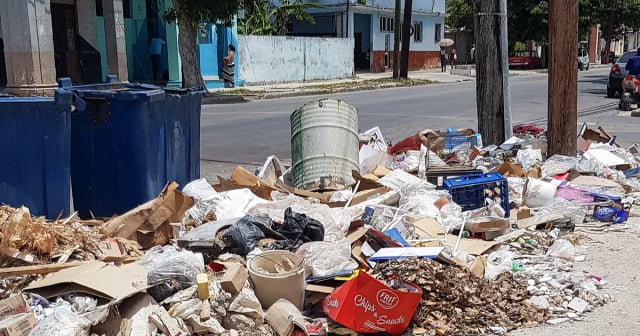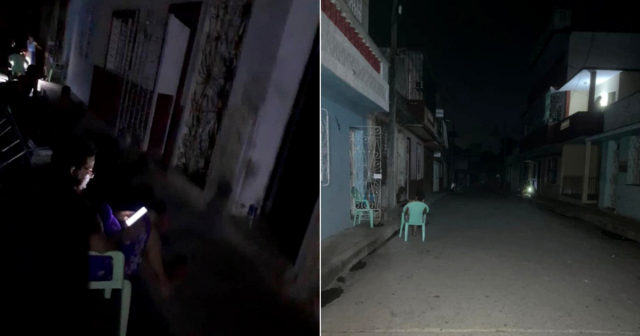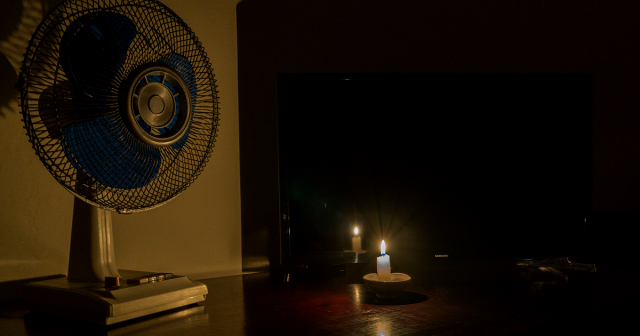
The energy crisis that is putting pressure on the administration of the ruler Miguel Díaz-Canel has led the leaders of the province of Matanzas to implement a measure that puts the electricity consumption of the "non-state economic sector" (entrepreneurs and self-employed workers) under the scrutiny of the authorities.
The "Periódico Girón" reported on its social media that the measures adopted in the extraordinary Energy Council held on Monday aim to address the energy deficit in the province, given the complex energy situation the country is experiencing.
On the other hand, the official journalist José Miguel Solís, a reporter for Radio Rebelde in Matanzas, pointed out on his social media that the measures "will be taken at a national level," and emphasized that "among the initiatives to be implemented is to regulate the consumption of the non-state economic sector."
For this, a plan must be established that is in line with the current context. It will be reviewed that many of these actors must pay their energy expenses according to the tariff stipulated for the non-residential private sector and adhere to that of the residential sector, which is less demanding. These two tasks will be given priority, and a control system must be implemented," stated the Communist Party (PCC) media in Matanzas.
During the meeting, the first secretary of the PCC in Matanzas, Mario Sabines Lorenzo, mentioned that the electrical deficit is "the main concern of the people" and called for "adopting all available solutions."
In addition to the non-state economic sector, authorities will implement measures for "dispensable state institutions," which will be disconnected on weekends as long as they do not affect "production, communications, and other sectors."
Administrative measures, promotion of telecommuting, rearrangement of workspaces, among others, will be the measures adopted "to curb waste." Solving water pumping with generator sets that supply electrical power during blackouts and "monitoring those state entities that exceed the energy plans set for them" are part of the package of measures, according to the mentioned source.
Promoting recreational, cultural, and sports activities as a way to deal with leisure time during the annoying power outages is part of the government's strategy to tackle the complex energy situation.
Improving and expanding communication is another one of the objectives of the plan outlined by Sabines Lorenzo, who also "emphasized the importance of saving in order to deliver early mornings of rest and days of peace to the population."
On August 19, 2021, the Cuban government approved three resolutions that affected the contracting, tax, and financial regime of micro, small, and medium-sized enterprises (MSMEs): Resolution 111/2021 of the Ministry of Communications, Resolution 350/2021 of the Ministry of Finance and Prices, and Resolution 351/2021 of the same ministry.
A series of articles published by the economist Elías Amor dissected the fine print of these regulations. According to what Amor pointed out, for services such as electricity, telephone, gas, water supply, and sewage, among others, small and medium-sized enterprises (SMEs) will establish contracts with the relevant institutions, in which the conditions of their provision will be agreed upon, and the rates will be determined according to current regulations.
Three years after the legal framework for the activity of SMEs was approved, and amid a severe energy crisis in the country, the Cuban regime authorities consider it essential to review what has been legislated to "address the energy deficit," focusing on the "non-state economic sector."
This turn of events constitutes an excellent case study for those interested in the legal security provided to private companies by the communist regime that has been in power in Cuba for over 60 years.
What do you think?
COMMENTFiled under:






